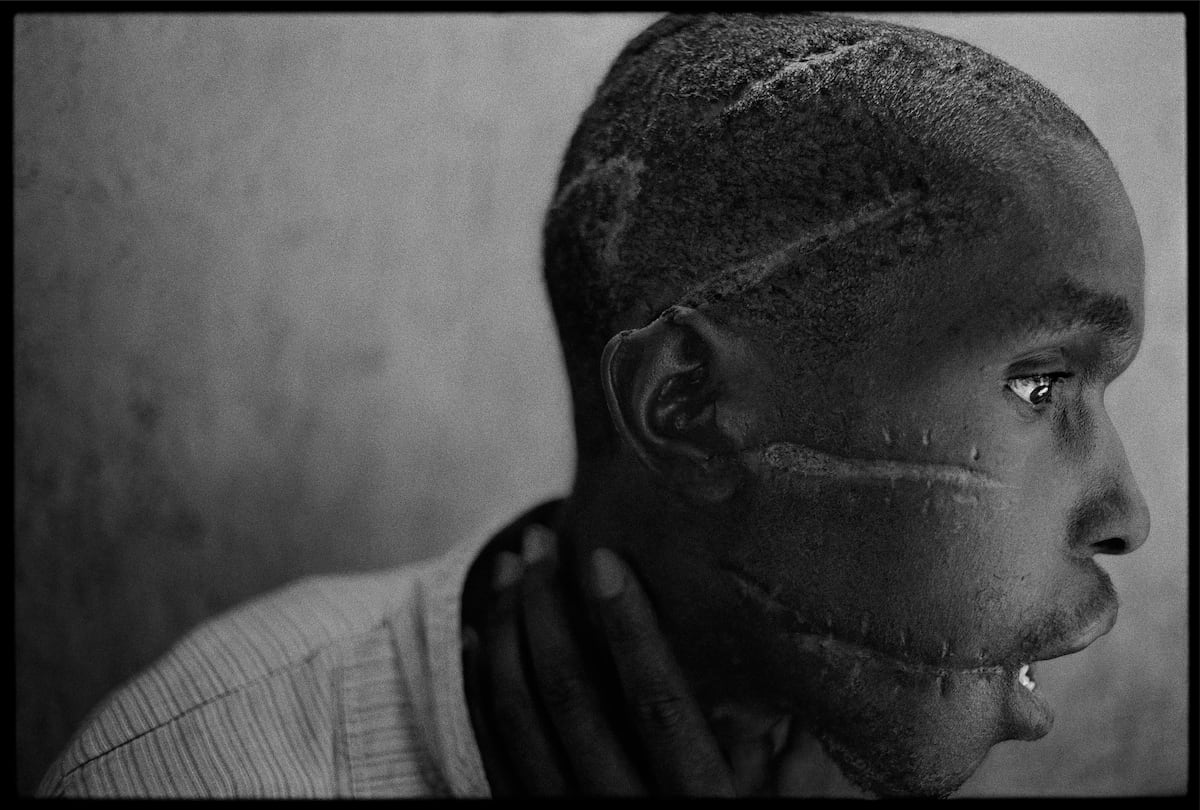
"In the spring of 1994, as Hutu murderers known as the Interahamwe (those who fight together) perpetrated the genocide in Rwanda (800,000 Tutsis and moderate Hutus were killed in three months), the White House decided to look the other way. The United States did virtually nothing to try to stop it, wrote Samantha Power in her book, A Problem from Hell: America and the Age of Genocide."
"Power recounts how, although members of the U.S. administration during the era of Democrat Bill Clinton used the word genocide in private, they were prohibited from doing so in public. If the United States had publicly acknowledged that a crime of this magnitude was taking place, it would have been impossible to explain its passivity. They were afraid that its use would trigger calls for intervention that they were unwilling to comply with, writes Powers, who served as Barack Obama's ambassador to the United Nations."
During the spring of 1994, Hutu militias known as the Interahamwe carried out a genocide in Rwanda, killing approximately 800,000 Tutsis and moderate Hutus in three months. The United States took virtually no action to stop the killings and refrained from publicly labeling the violence as genocide to avoid political pressure for intervention. Numerous mass killings in the late twentieth century targeted people for religious, national, or ethnic identity. The term genocide was coined by Polish jurist Raphael Lemkin, combining Greek genos (tribe) and Latin cide (killing). Lemkin first defined the concept in Axis Rule in Occupied Europe during World War II.
Read at english.elpais.com
Unable to calculate read time
Collection
[
|
...
]